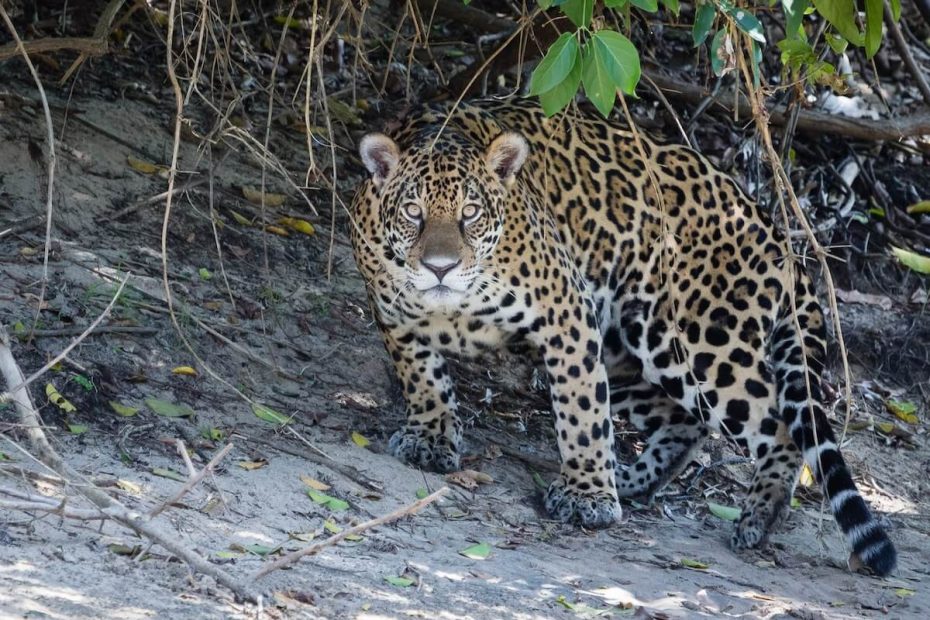
The last known jaguar (Sombra) in the U.S. could be getting a mate soon if the Center for Biological Diversity has its say. Last month, the environmental group petitioned the U.S. Fish and Wildlife Service to reintroduce jaguars to the southwest.
Jaguars had thriving populations in Mexico, Arizona and New Mexico. However, due to livestock protection and fur trapping, these big cats’ population has dwindled to dangerously low numbers. There is only a handful of jaguars in Mexico. In Arizona, the lonely Sombra is the last of his kind – at least, the last jaguar to be seen in the state since 2017 when he was spotted in the Chiricahua Mountains.
The last known female jaguar in the U.S. was shot and killed in 1963, so Sombra’s chance of producing any offspring is highly unlikely. This problem is something the Center for Biological Diversity is tasking the federal government with solving through its petition.
“Jaguars evolved in North America eons ago and lived here until people killed them off for their beautiful pelts and to eliminate a threat to livestock,” Michael J. Robinson, senior conservation advocate for the Center for Biological Diversity, said in the petition. “Over 50 years since the jaguar was placed on the endangered species list, we should not be facing the realistic prospect that this sole jaguar in Arizona will be the last.”
Not only has the CBD petitioned for the reintroduction of jaguars to the region, but they have also asked that the federal government expand and protect the natural habitats for the wild felines including the area where Sombra lives.
SEE ALSO: Conservation Made Possible Thanks to The Firearm Industry
The petition suggests that the Gila National Forest in New Mexico would be the perfect place to set up an experimental population.
The CBD fears a lack of biological diversity stunts the once thriving animal and that not having proper, healthy mates will affect populations south of the U.S. as well. In Argentina, efforts to birth and release young jaguars have given conservationists hope. Meanwhile, in the U.S., groups like the CBD are becoming increasingly frustrated.
“The bottom line is that the Endangered Species Act makes it a federal responsibility to recover endangered species,” Robinson said in the Guardian. “We are pointing out that they haven’t done so. They don’t have a plan to save the jaguar and it’s time to take a different approach.”
Several years ago, the CBD took part in saving the gray wolf population in the U.S. Much like the jaguars, gray wolves had become near extinct through government-sponsored programs that called for poisoning and fur trapping. Through captive-breeding programs – also government-sponsored – the gray wolf has made a massive comeback with almost 7,000 documented throughout the U.S.
Robinson thinks similar efforts could drastically increase the jaguar population.
“This could be an amazing opportunity for us to restore a native species that was here for hundreds of thousands of years and deserves to come back,” Robinson said.
